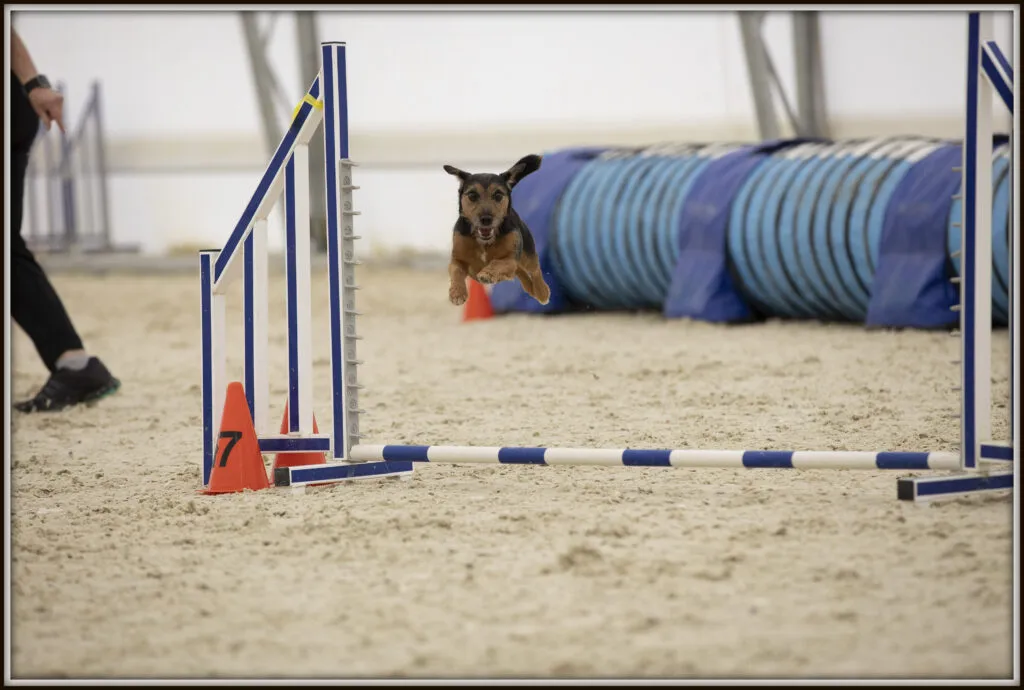Bringing a new dog into your home is an exciting journey, and for many, the lively, intelligent, and compact short-legged Jack Russell Terrier is the ideal choice. These charismatic canines, known for their spirited personalities and sturdy build, make wonderful companions for active families and individuals alike. If you’re searching for a short legged jack russell for sale near me, understanding what makes a reputable breeder and a healthy, well-adjusted puppy is paramount. This guide will walk you through the essential aspects of acquiring one of these delightful dogs, focusing on quality, temperament, and responsible breeding practices.
The Distinctive Charm of the Short-Legged Jack Russell
The Jack Russell Terrier, originally bred in England for fox hunting, is a small terrier packed with boundless energy and a keen intellect. The “short leg” variety, often referred to as a Russell Terrier, maintains the breed’s signature enthusiasm but with a more compact stature, typically standing between 10 to 12 inches at the shoulder. This physical trait makes them particularly appealing for those seeking a smaller yet still robust and agile companion. Their distinctive look, often with a predominantly white coat accented with tan, black, or tricolor markings, combined with their intelligent gaze, captures hearts instantly.
Beyond their appearance, the temperament of a short-legged Jack Russell is a key factor in their popularity. They are known for being alert, fearless, and incredibly loyal. A well-bred Jack Russell should exhibit a balanced disposition, being bold and inquisitive without being overly aggressive or shy. Responsible breeders prioritize temperament above all else, ensuring that puppies are socialized from a young age to foster confidence and friendliness, making them excellent family pets.
The Pillars of Responsible Breeding: Experience and Ethics
When looking for a Jack Russell Short Leg For Sale, the breeder’s experience and ethical standards are non-negotiable. A breeder with decades of commitment to the breed, like Russellville Farms with over thirty years of experience, demonstrates a profound understanding of canine genetics, health, and behavior. Such a background allows them to establish strict guidelines in their breeding programs, focusing on the preservation of desirable traits while actively working to eliminate genetic predispositions to health issues.
The primary goal of any reputable breeder should be to produce healthy, happy puppies with excellent temperaments. This means going beyond just physical characteristics like expressive heads, good conformation, and sturdy bone structure. A responsible breeder will meticulously select breeding pairs based on their health clearances, pedigree, and, most importantly, their disposition. They will be transparent about their breeding practices, eager to answer your questions, and supportive throughout your puppy’s life.
 A beautiful Jack Russell Terrier with alert ears and a curious expression
A beautiful Jack Russell Terrier with alert ears and a curious expression
Navigating Breed Standards and Associations
Understanding the different Jack Russell Terrier associations and their standards is crucial when seeking a short-legged variant. In the United States, the American Kennel Club (AKC) recognizes the Russell Terrier as a distinct breed, which aligns with the short-legged type often sought after. Many breeders, including Russellville Farms, proudly associate with reputable organizations like the English Jack Russell Terrier Club Alliance (EJRTCA) and the American Hunt Terrier Club Alliance (AHTCA), and are often AKC inspected and approved. These affiliations signify a commitment to upholding breed standards and ethical practices.
For breeders involved in such organizations, their role extends beyond just breeding; they often set examples and strictly adhere to the guidelines for registration. This rigorous adherence ensures that only dogs displaying the desirable traits within the breed are considered for breeding, while those without are marked as “pet quality” – still wonderful companions, but not suitable for breeding programs aimed at preserving specific lines. This distinction highlights a commitment to genetic health and maintaining the integrity of the breed’s characteristics.
The Versatility of Jack Russells: Beyond the Couch
While many envision a short-legged Jack Russell as a loving family companion, their inherent intelligence, agility, and drive make them incredibly versatile. Many Jack Russells excel in various canine activities, proving their capabilities far beyond being just excellent pets. For instance, some of these dogs are beginning to make their mark in the working dog world as “Hunt Terriers.” This special designation often refers to short-legged Jack Russells, including solid color versions, that demonstrate a natural aptitude for hunting activities such as trailing deer or retrieving birds.
This working potential showcases the breed’s historical roots and their enduring instincts. Beyond hunting, their sharp minds and eagerness to please also make them successful support dogs, providing invaluable assistance to individuals. Others shine in competitive dog sports like agility, where their speed and mental quickness are highly valued. Exploring the diverse talents of Jack Russells can open up new avenues for engagement and bonding with your dog, whether you’re interested in a black and white parson russell terrier or a robust working dog.
 A Jagdterrier in action, likely during a hunt or training exercise
A Jagdterrier in action, likely during a hunt or training exercise
 A Jack Russell Terrier with a deer, indicating its use as a trailing or hunting dog
A Jack Russell Terrier with a deer, indicating its use as a trailing or hunting dog
Preparing for Your New Short-Legged Jack Russell Puppy
Once you’ve found a reputable source for your jack russell short leg for sale, preparing for their arrival is key to a smooth transition. These dogs are intelligent and require consistent training and early socialization to become well-behaved adults. Enroll in puppy classes, expose them to various sights and sounds, and provide plenty of positive reinforcement. Their high energy levels mean they need ample exercise, including daily walks, playtime, and mental stimulation through puzzle toys or training sessions.
Proper nutrition is also fundamental to their health and development. Consult with your veterinarian for recommendations on high-quality dog food suitable for their age, size, and activity level. Regular veterinary check-ups, vaccinations, and parasite prevention are essential to keep your short-legged Jack Russell thriving. Remember, a jack russell cross for sale near me might also inherit similar needs, so always research the specific lineage. With the right care and commitment, your new companion will bring years of joy and adventure into your life.
 A Jack Russell Terrier performing agility, jumping over an obstacle
A Jack Russell Terrier performing agility, jumping over an obstacle
Conclusion
Finding a jack russell short leg for sale is more than just purchasing a pet; it’s about investing in a loyal companion from a responsible source. Prioritizing breeders with extensive experience, unwavering ethical standards, and a focus on health and temperament will ensure you bring home a happy, well-adjusted puppy. Whether you’re seeking a lively family member, a potential working dog, or a competitor in canine sports, the short-legged Jack Russell Terrier offers a vibrant and rewarding partnership. Always conduct thorough research, ask pertinent questions, and choose a breeder who aligns with the highest standards of animal welfare and breed preservation. Explore further and discover the many facets of these incredible dogs, from their history as tenacious hunters to their role as cherished members of families worldwide.
